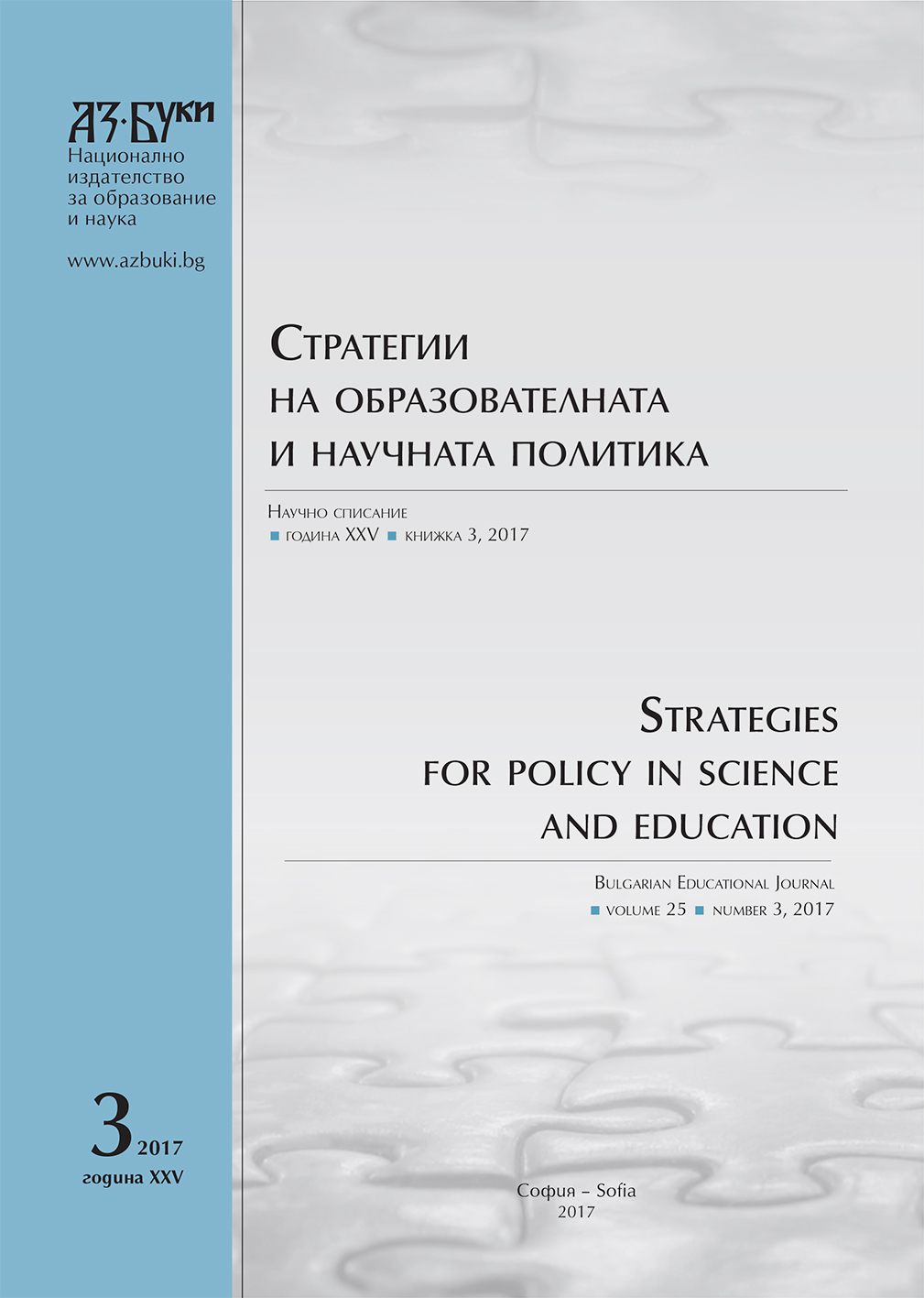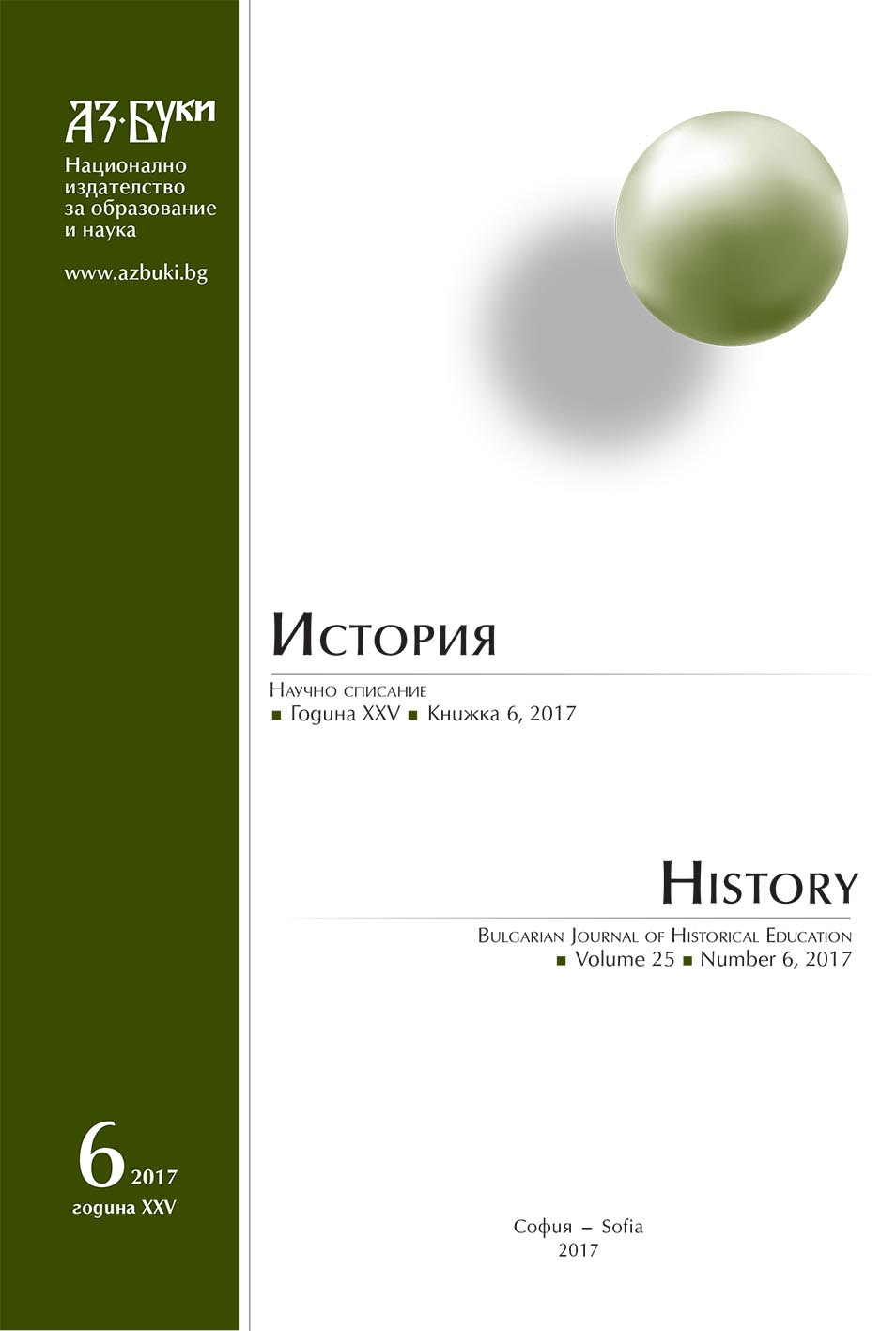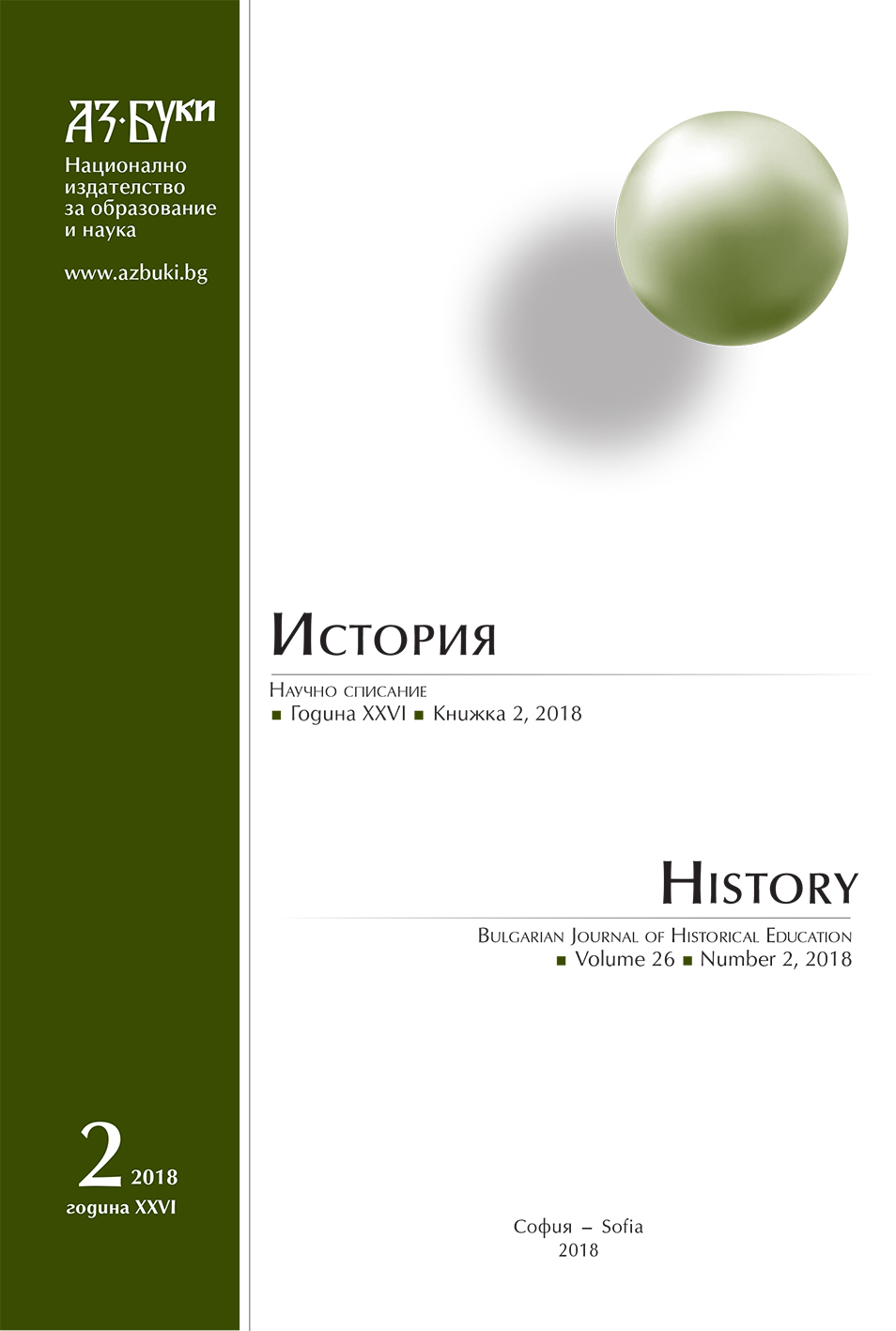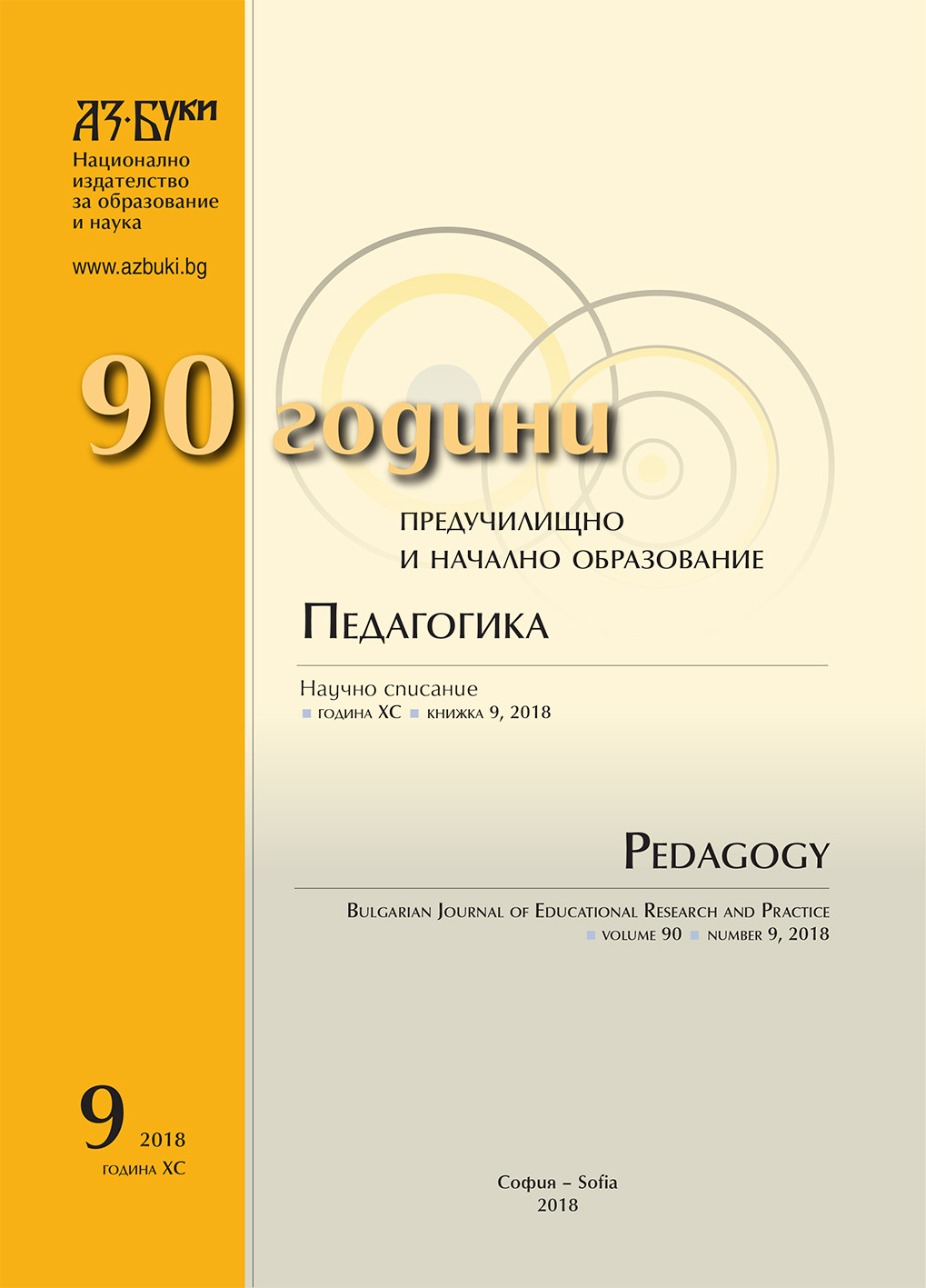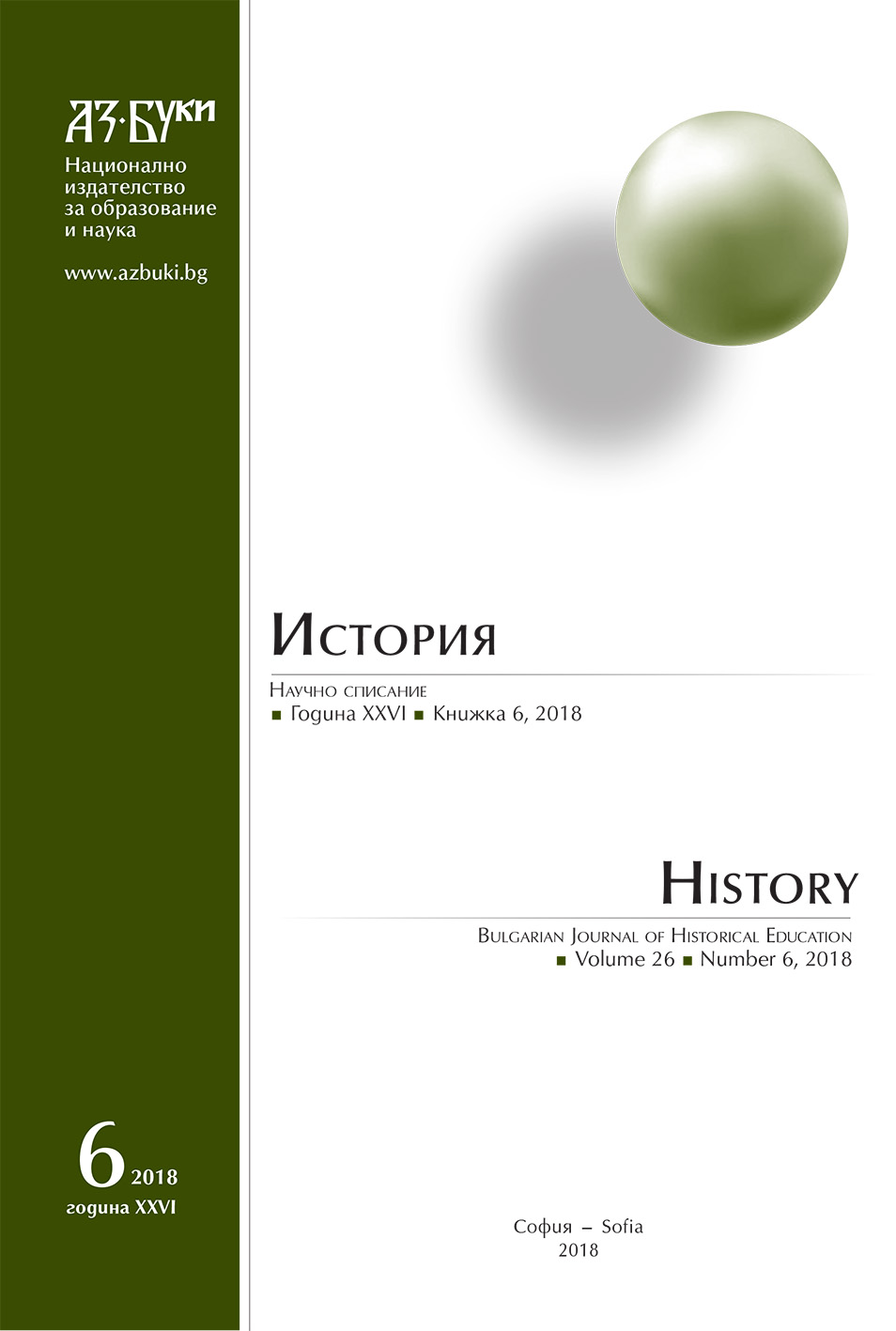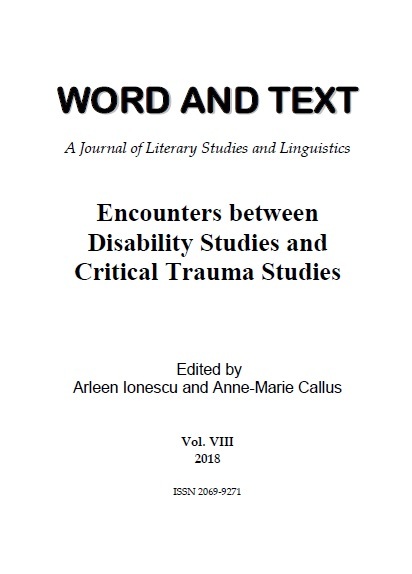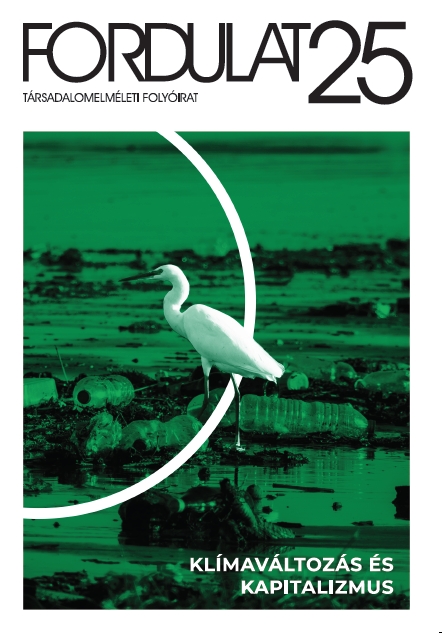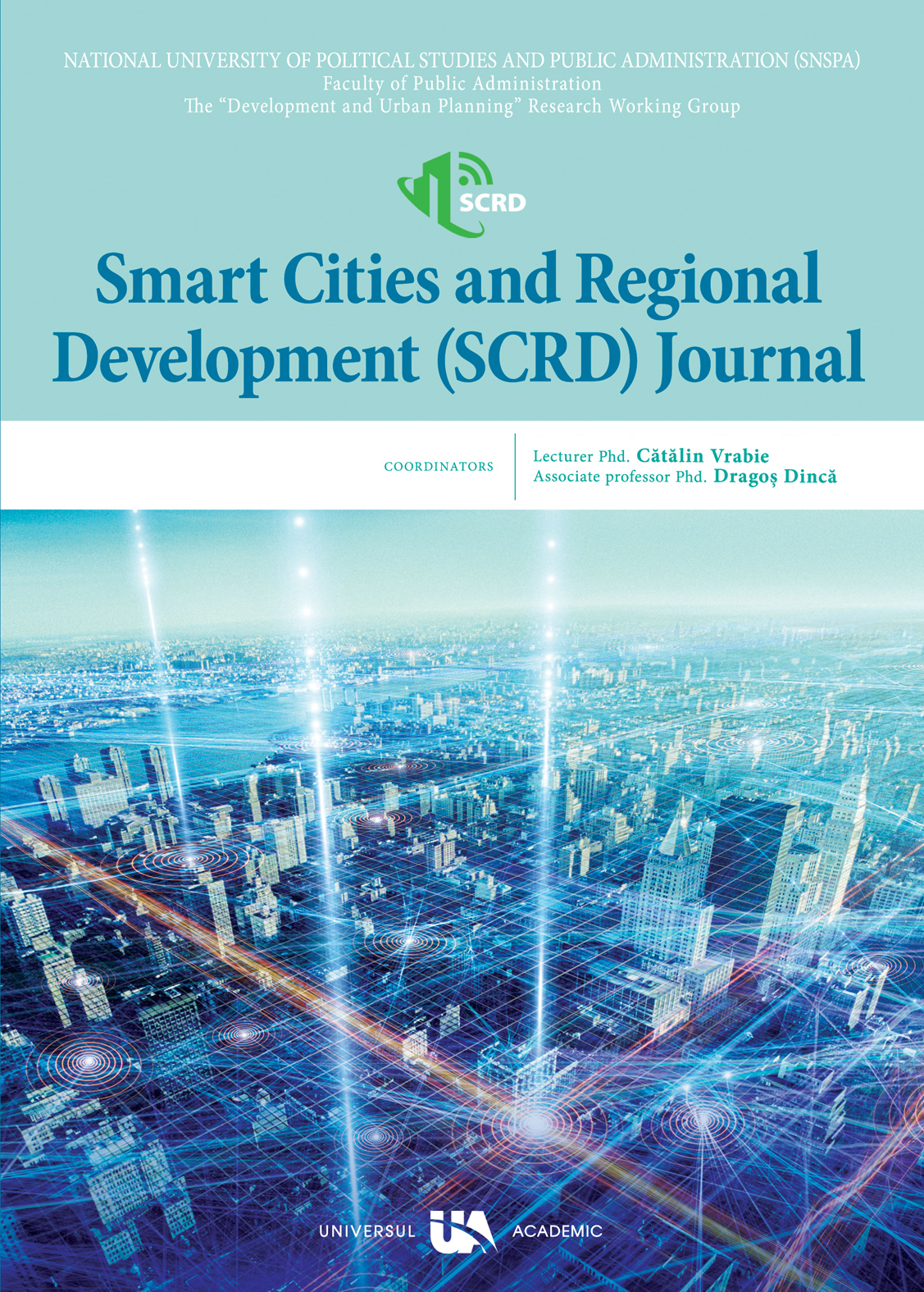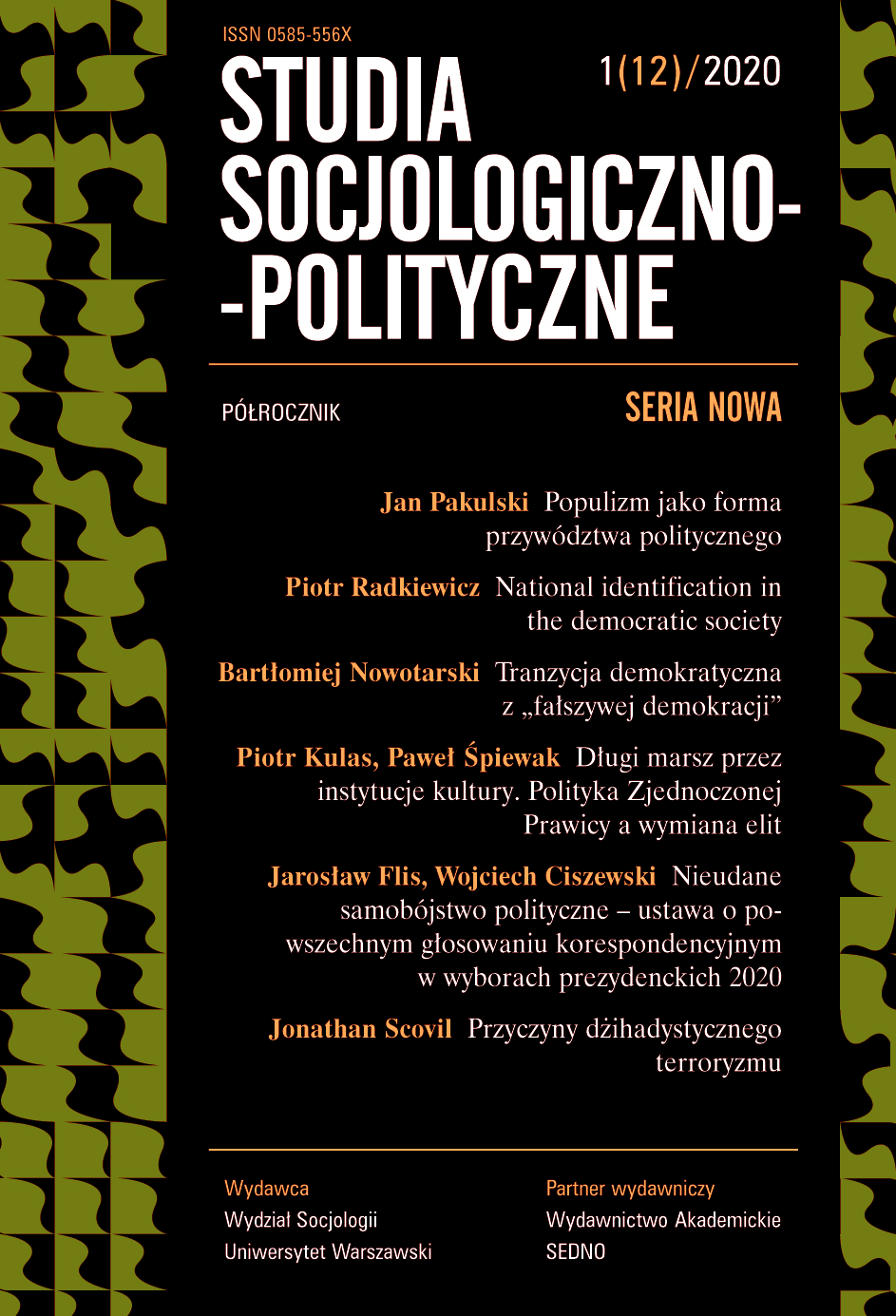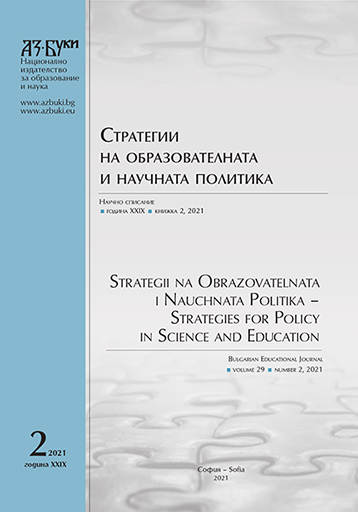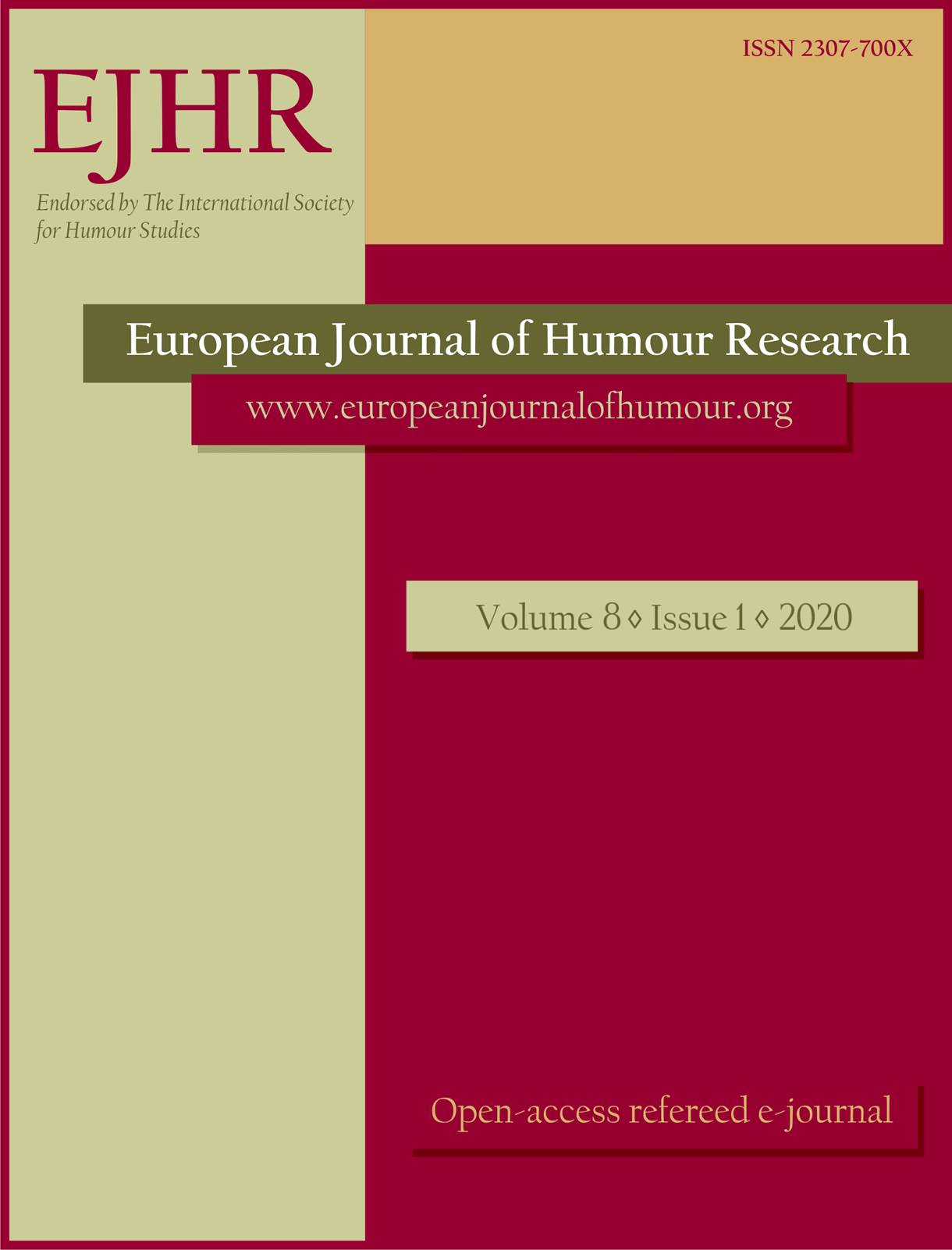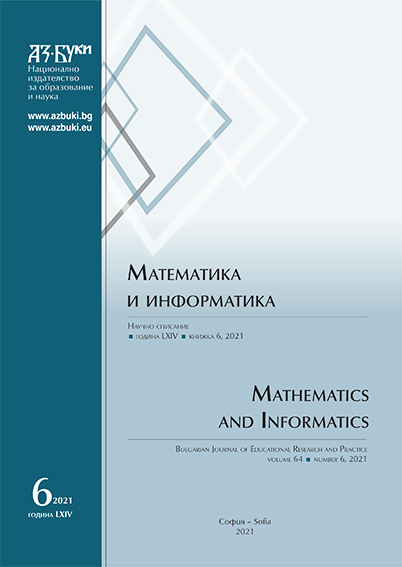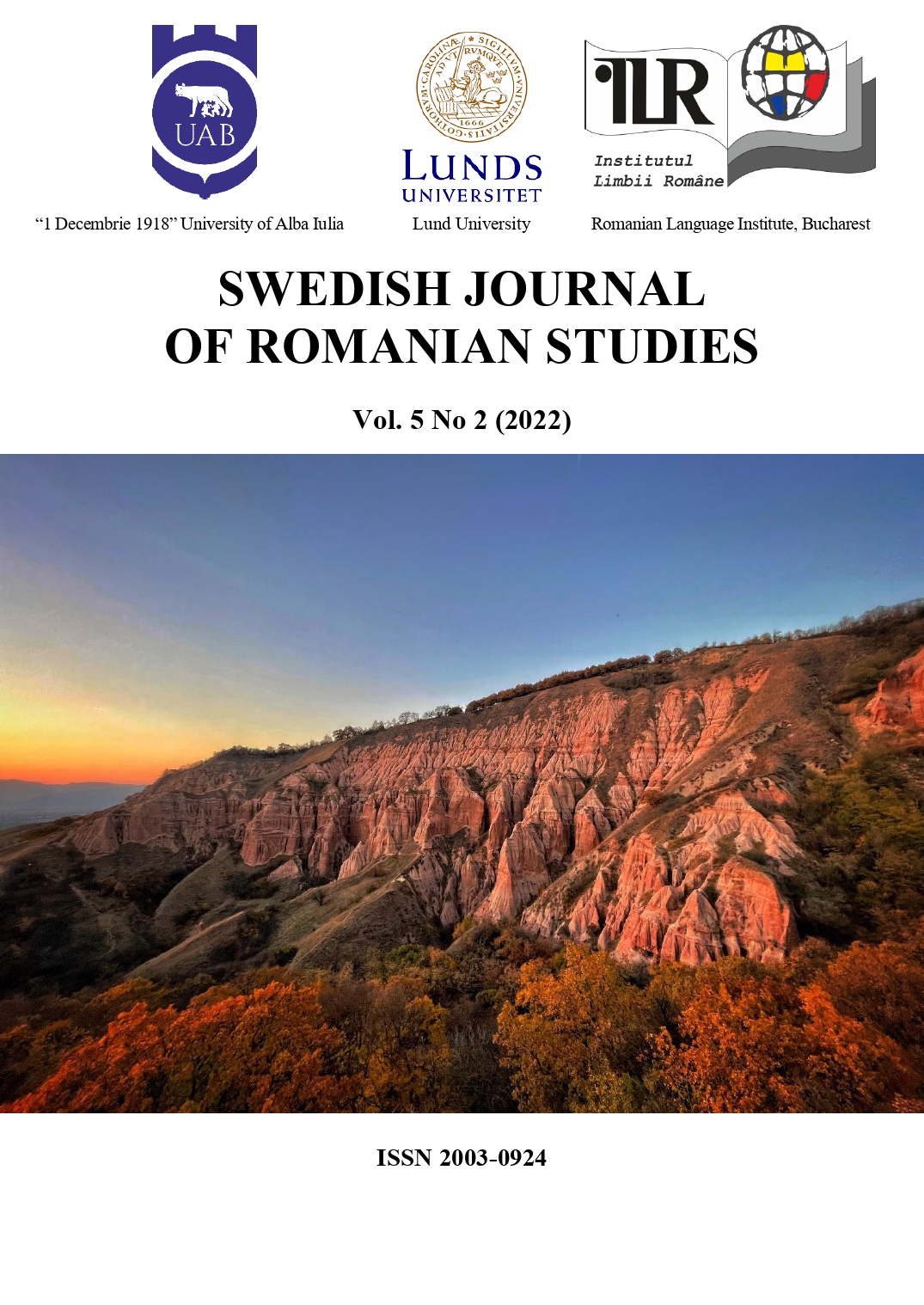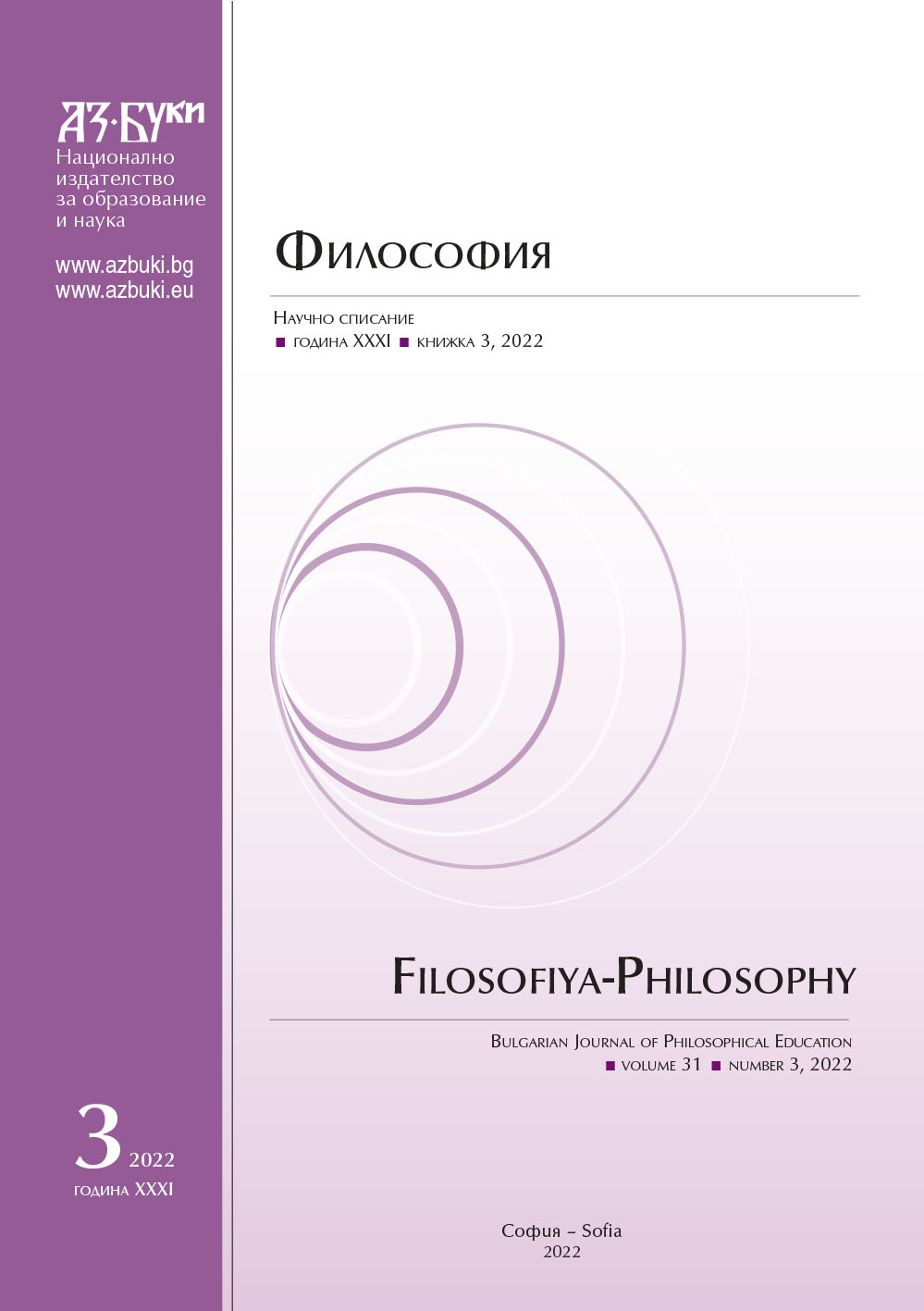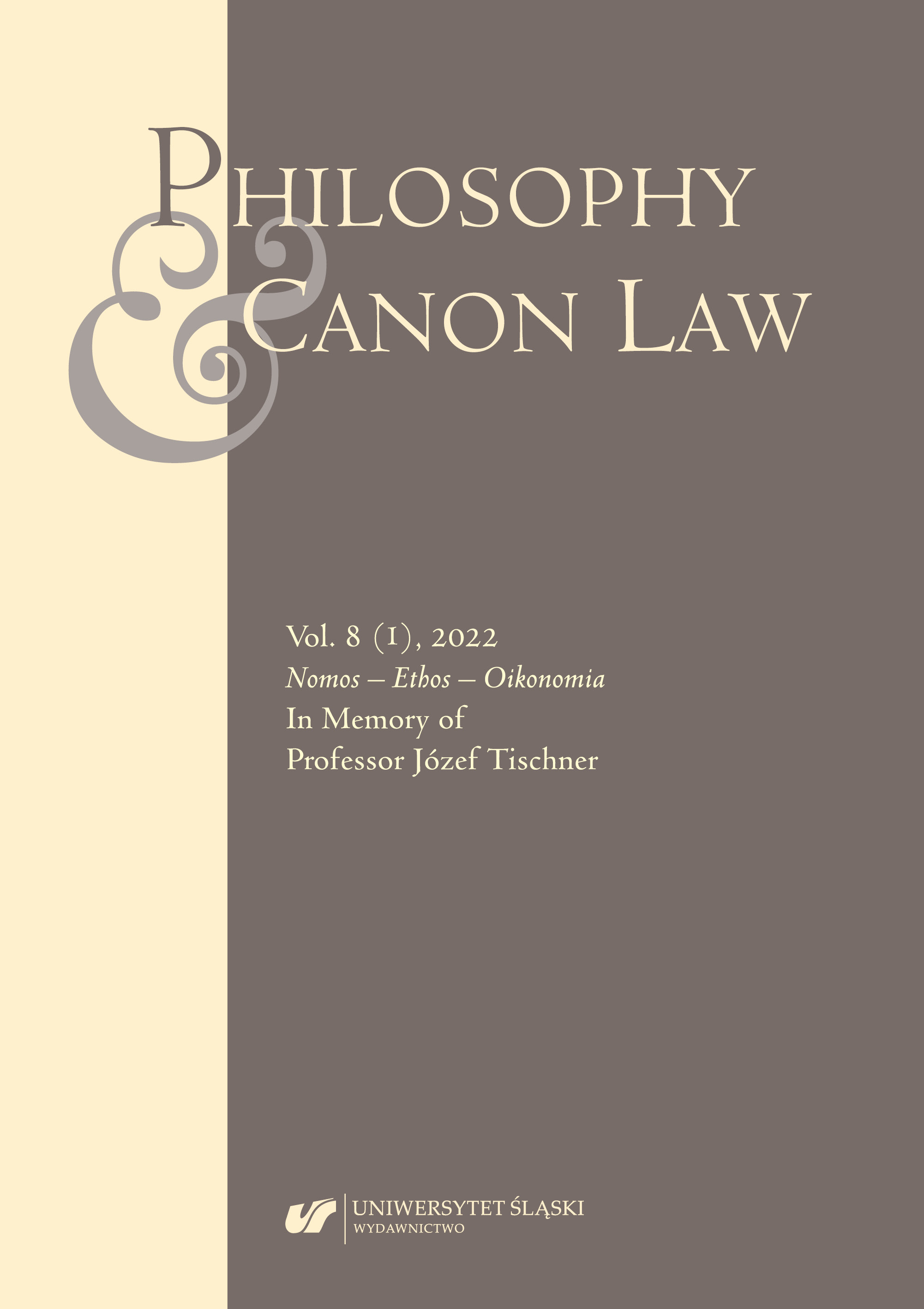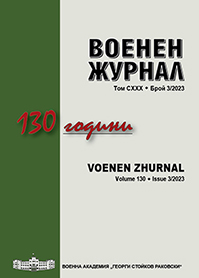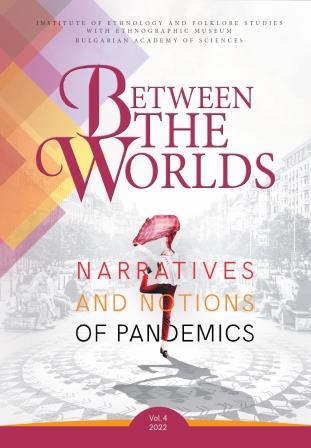Author(s): Ana Bazac / Language(s): English
Issue: 1/2019
The paper uses the concept of microenvironment both literally and figuratively, as a targeted focus of the scientific research on delimited spaces. And the human space is the entire world of both cultural meanings and physical factors, landscapes and systems which constitute the “nest” of the human species. The point is that though there are microenvironments, the human space is more than the ensemble of all their types. Thus, the core of the paper structures around the manners in which both the scholars and the large public in different positions treat these two hypostases of space. The present situation of the treatment of space has its origin in both the different scientific traditions of the concept of space – transposed into “worldviews” (something more than philosophy) and the social relations with their constructions of practical and conceptual order. Accordingly, the paper highlights some aspects in the evolution of scientific boarding of space: especially the research of matter-energy-information as underpinning the representations of space, the objectivity and the constructed character of space, space as a receptacle or as a relation, and also continuity and discontinuity in/as space. The scientific approach of space has erased the speculative philosophy as source of knowledge about it, but this scientific approach took place after the development of philosophical speculative theories about space. The “science of space” has arrived to the demonstration of the inexistence of a unique space for all the living beings – and in some respects, for humans – and at the same time to the dialectics of objective measurements and treatment of the subjective spaces. The main concepts through which people envisage space are nowadays those related mainly to environment, to ecology. They are confronted with anthropocentrism, but first of all with the difference between the advances in the present science and, on the other hand, the inertia of practical treatment of space. Concerning science, the research of both microenvironments (of different sizes) and the ecology of Earth shows the necessity of coherent global policies in order to slow the various crises of the human space: it’s too late to stop them; but not because of objective natural logic of the processes related to space, but because of the socially induced postponement. The present crisis of the human space is so huge that one speaks about the end of the human species. The critique of this theory shows that the future is open, but at the same time that today more and more people search for and experience new ways of life. The necessity of these ways is deduced not from ideal social models but from scientific research. Therefore, the problems of space are under the sign of time, even more clear, of emergency.
More...
